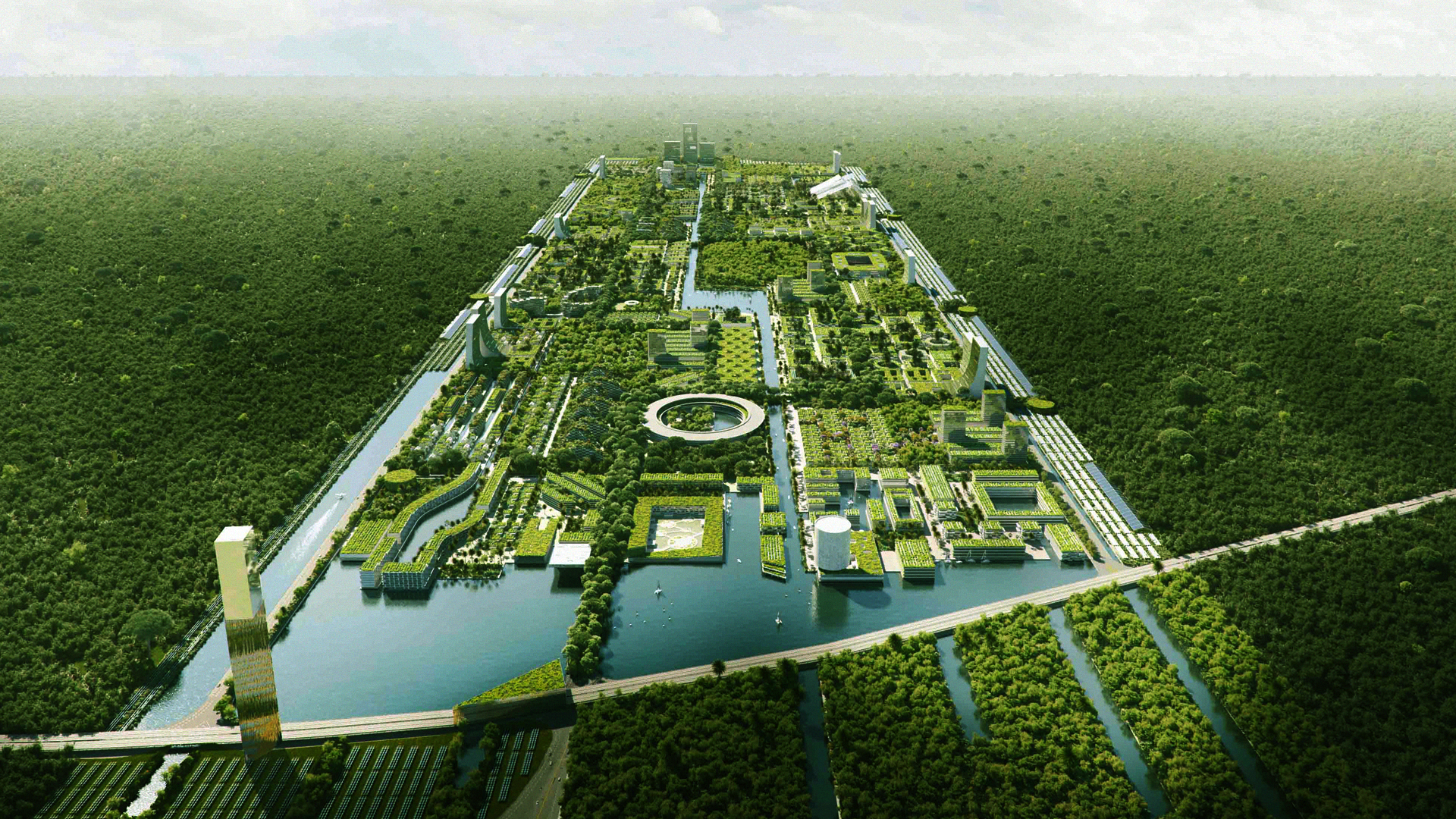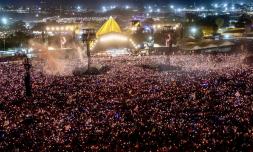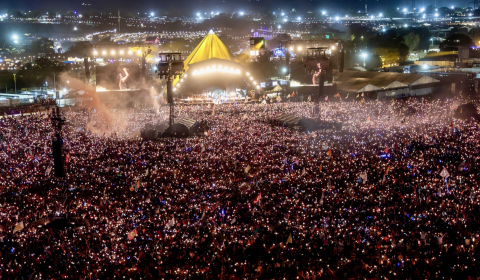Italian architect Stefano Boeri, famous for integrating plants and natural ecosystems within high rise buildings, has unveiled plans for an ambitious circular ‘Smart City’ in the heart of Cancun.
It may be steeped in the history of an ancient civilisation, but Mexico’s city of Cancun could soon become a modern hub for urban climate change innovation. If only the Mayans could see us now.
With half the world’s population residing within modern cities, urban areas currently account for more than 70 percent of global carbon emissions and consume over two thirds of the world’s energy. Therefore, any ambitions of carbon neutrality before 2030 are doubtful, unless we make sustainability a keystone of future living developments.
Looking to become a ‘pioneer’ for such change, Milan based architect Stefano Boeri has unveiled eye-catching blueprints for the world’s first self-sufficient smart city located on the outskirts of Cancun, Mexico.
Renowned for creating city-centre ‘vertical forests’ – high-rise towers designed to live harmoniously with vegetation – Boeri has taken the principles of his residential projects in Milan, Shanghai, Cairo, and Chicago, and is now looking to apply them to an entire metropolis covering close to 1400 acres of land.
The concept images honestly wouldn’t look out of place in a Jurassic Park movie.
The space was originally destined to become a new shopping district, but Boeri’s eco-friendly utopia is now being considered as a serious alternative by planners. Taking the term ‘Forest City’ very literally, Boeri aims to team up with botanist and fellow landscape architect Lauri Gatti to plant 7.5 million plants of 400 different species to live in harmony with the city’s 130,000 residents.





















